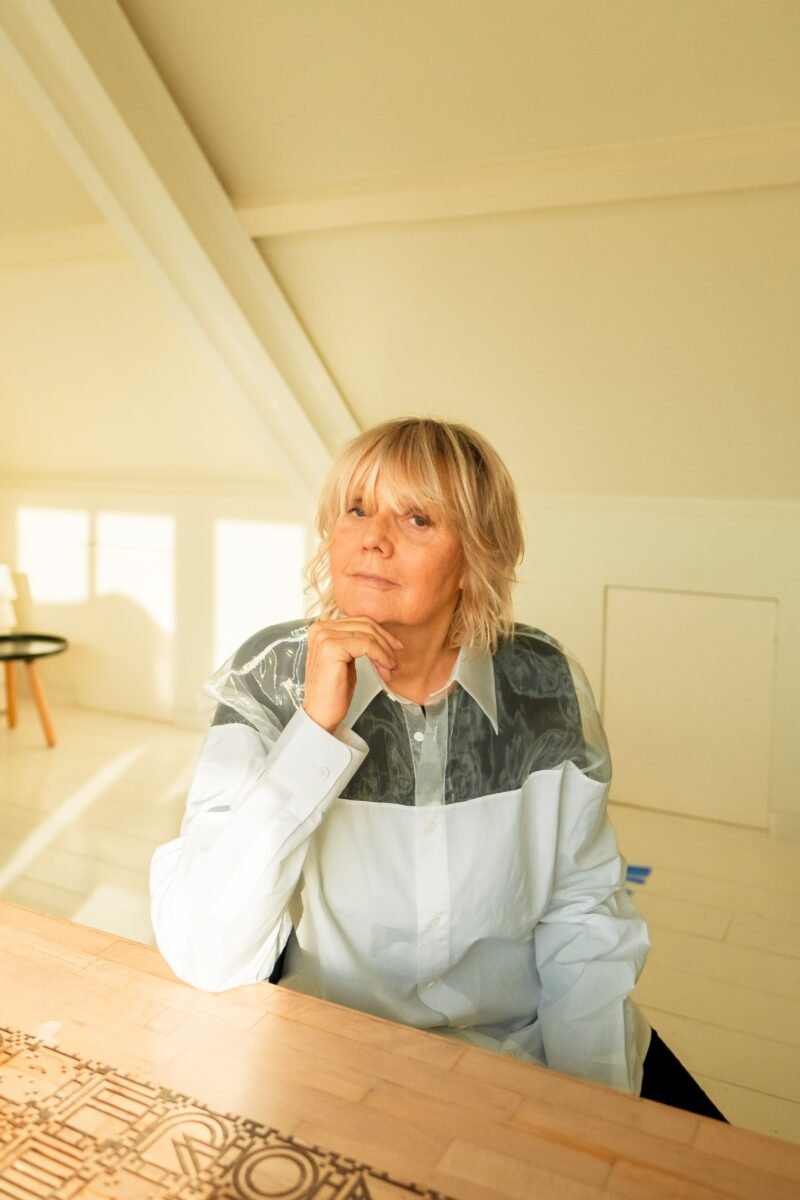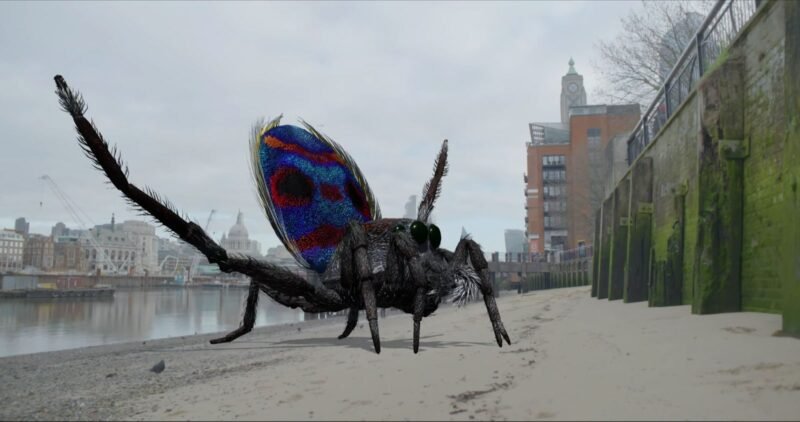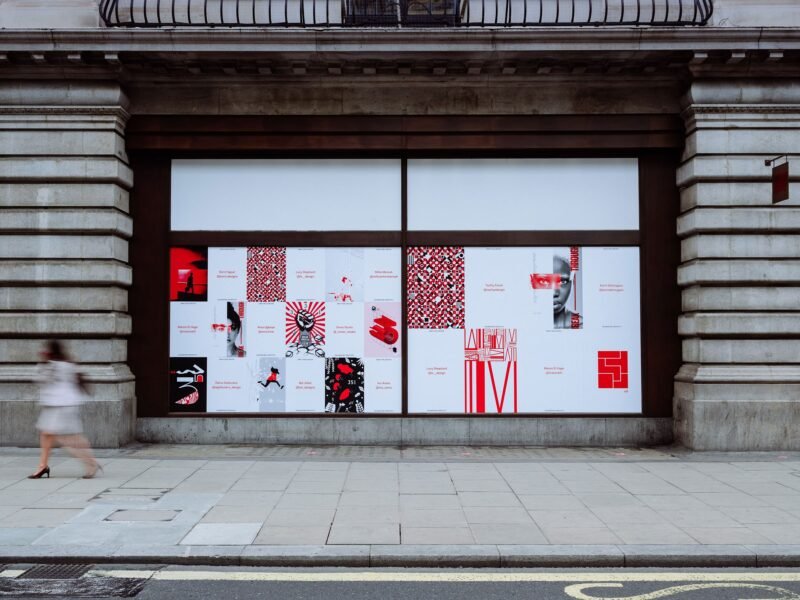Trend 6: Everything Is A Coffee Bar

While Starbucks and other coffee companies are trying to colonize urban centers around the world with new shops, coffee culture itself has gone beyond the straightly designed hang-outs of the famous chains. We all know about the book stores that have a coffee bar inside, but relatively new are other urban shops, stores and services such as print shops, launderettes and bike repair shops which encapsulate elements of the classic coffee bar. These combinations work for services or shops with two main components. First, the products or services offered should have some lifestyle components. It connects with a group of people who like to hang out with a subculture which pronounces itself around the service provided, such as cyclists in a bike coffee bar and photographers in a printing coffee bar. Second, people have to come to this place anyway, so why not drink a cup of coffee while waiting? Applying this coffee bar formula means creating a more profound connection with the customers. One creates a community around a brand or service with specific lifestyle components in it, instead of offering a single run away service.
A good example is Wash & Coffee in Munich, a shop which is a style laundromat and a coffee bar at the same time. This place that has opened its doors earlier this year and serves coffee, tea and snacks such as fresh bagels and salads. While the washing machine is doing the dirty job, customers can relax in the lounge and order drinks. Interestingly, Wash & Coffee presents the laundromat as a social community place, pinpointing it as the rest room of the ‘global village’ and a celebration of metropolitan lifestyle. When we spent a few days Copenhagen for the launch of the new HP Designjet we came across Fotocaféen, a printshop slash coffee bar that spatially combines the arts of photography and printing with a space to sit, hang around, talk and drink coffee. The place breaths a bar atmosphere and design, but gives room to pretty much printing devices, and it provides services like free Wi-Fi. Besides that, the bar has a role as a meeting place for Copenhagen’s photography scene, which gives it a little touch of an artist’s bar. A third example is Drink, Shop & Do, a new design shop and café bar in London that not only sells products from emerging designers alongside vintage furniture and home wares, but also organizes design workshops.

Particularly interesting are the many bike coffee bars that popped up in several world cities, like Look Mum No Hands in London, Dutch Bike Co. in Seattle, Pristine Fixed Gear in Amsterdam and the pop-up bar slash shop Rapha’s Cycle Club in New York City. In all these new-style coffee bars, bicycle repair services are combined with meeting places for cyclists and fresh coffee. (To read more about contemporary metropolitan bicycle culture, check out trend 7 of 2010.) What will be next? The car wash coffee bar, the fitness coffee bar, or the kindergarten coffee bar?
This article belongs to the Top 10 Trends For 2011. Over the last year we have been writing articles about urban culture and innovations in cities on a daily basis. Reflecting on 2010 and looking into 2011 we have put together a list with ten of the most remarkable trends that we spotted. We would like to deepen them out a little in a series of articles published this week on Pop-Up City.



